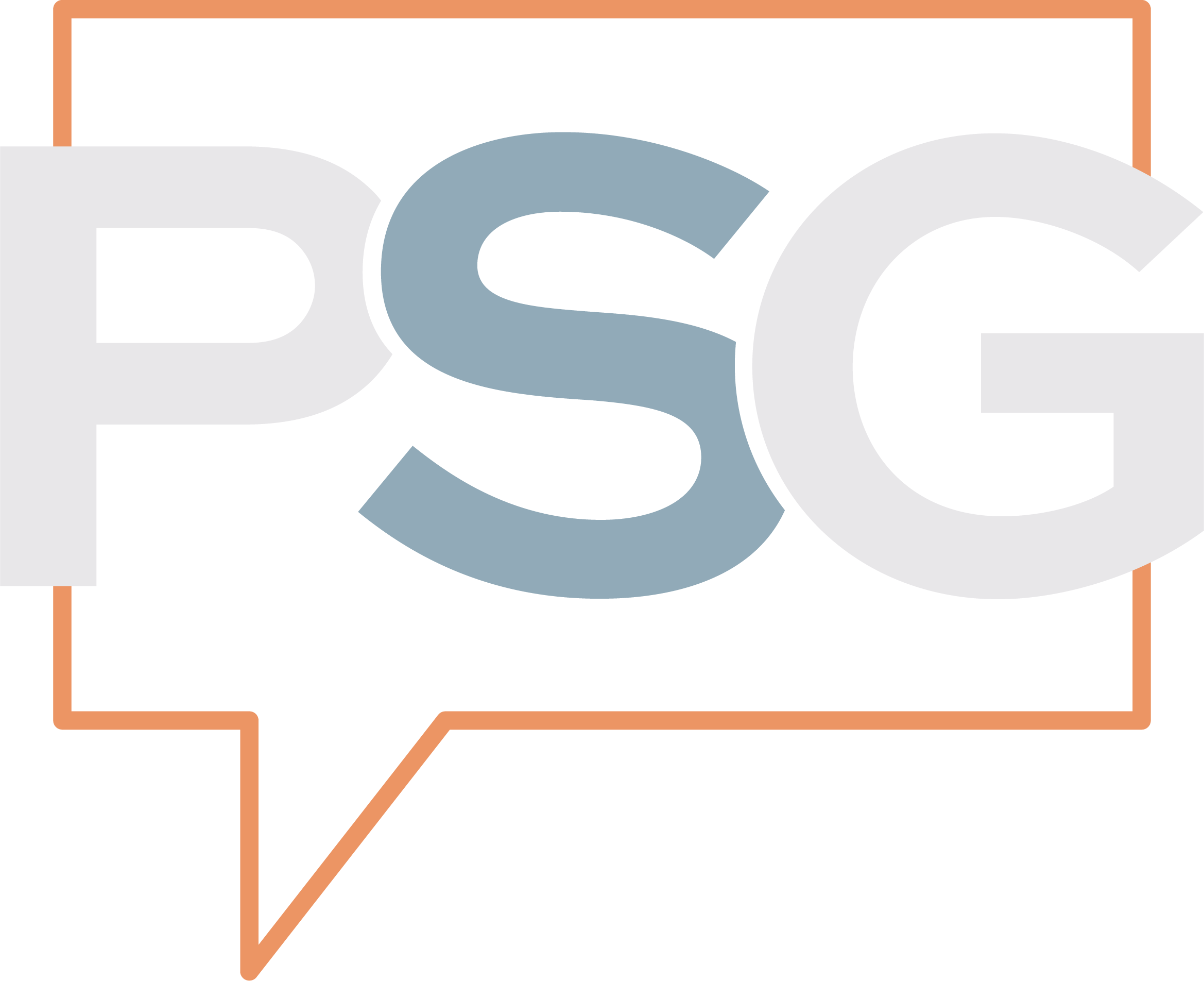
In November 2024, we had the honor of speaking with Nalini Satar, recipient of PSG’s prestigious Lifetime Achievement Award. Presented since 2017 to individuals making significant contributions to the Canadian pharmaceutical industry, past recipients include Charles Chee, Laura Saward, Mark Lievonen, and Dr. Richard Bozzato.
This year, Nalini is recognized for her exceptional achievements and dedication. With over 15 years of experience in pharmaceutical quality and GMP-compliant environments, she serves as Deputy Head of Quality at Bayer, excelling in global quality systems and cross-cultural team leadership. Her unwavering commitment to Diversity, Equity, and Inclusion (DE&I), women’s leadership, and gender equity sets her apart. Nalini’s efforts to foster inclusive environments, empower professionals, and advance diversity initiatives—including her work on self-branding—underscore her leadership.
To celebrate her achievements, we spoke with Nalini about her journey, the values driving her success, and her advice for others. Here’s what she had to share:
Can you tell us a bit about your background, where you’re from, and where you grew up?
Nalini: I was born and raised in the vibrant and diverse island of Trinidad in the Caribbean. Growing up in such a culturally diverse environment, I was exposed to a blend of traditions, people and ideas, which shaped my worldview and deepened my appreciation for diversity. My academic journey took me from the University of the West Indies to international opportunities, where I landed in Canada and now in the pharmaceutical industry. It’s been really rewarding.
Are there any key moments from your childhood that you feel shaped who you are today?
N: One that really stood out for me was how fortunate I was to grow up in a family that emphasized education and hard work—my dad always emphasized how important it was for us to get an education, with both my parents making it clear that education at a young age was the foundation of success.
I have two brothers and a sister, and we were all afforded education without limitation. I say that because it was a gift that my parents didn’t have. Because of the economic situation, they both did not get the opportunity to go into higher education, and I think that shaped who I am today into the achiever, the goal setter, the go getter. That was all instilled because of values he emphasized in us.
Your Caribbean heritage is a big part of your identity. Was there a particular person or experience that inspired you to embrace it fully?
N: Being Caribbean is interesting because, when you’re on the island surrounded by other islanders, you don’t see yourself as different or unique. You’re part of a shared culture, values, and traditions, even though it’s a blend of races, religions, and customs. To me, it still feels like one unified culture. Coming out of this diverse little island and then living now in Canada was the key thing that made me embrace my identity. It’s in stepping away that I truly realized just how unique Caribbean culture and heritage are, especially compared to the broader world, like Toronto and the Greater Toronto Area.
Here, we’re surrounded by people of different backgrounds, cultures and races, coming from different countries. We have a large amount of immigration, and therefore I find myself identifying even more so with my heritage because, oftentimes, I must navigate different scenarios where that piece comes out.
That environment has deepened my connection to my heritage because I often find myself navigating situations where my Caribbean roots shine through—and yes, my accent is still part of that! Sometimes people are a bit confused when they hear me speak because it doesn’t match what they expect based on how I look. And I just smile and say, “That’s right—I’m from the Caribbean!”
Was there a defining moment that inspired you to pursue a career in quality assurance?
N: I was first drawn to quality through my academic background in chemistry. My first real job was in an environmental lab, where I quickly felt that I needed more of a challenge than running an FTIR or running titrations, when an opportunity came on to implement ISO9001 in a chemical manufacturing plant back in the Caribbean. I quickly jumped to that opportunity, and I think that’s where my love affair with Quality Assurance truly started.
Naturally, I pursued a career in quality when I moved to Canada. So even though I left ISO space and moved into the GMP environment, the foundation for quality remained. If there was a particular piece that inspired me, it’s that transfer over from quality control to quality assurance in a manufacturing facility really helped open doors to where I am today.
For women aiming to make an impact in the Canadian life sciences industry, what advice would you offer?
N: I love this question! My advice to women in this industry is to stay grounded in your values and be open to learning from every experience. Building a network of supportive mentors is key. Embracing any opportunities to lead. You don’t need to have the title of a leader to be a leader.
When you’re pushed out of your comfort zone, that’s okay—that’s when learning is happening. The life sciences industry is evolving, and women have a unique opportunity to drive meaningful change, especially through leadership and collaboration. Advocate for yourself, and never underestimate the power of resilience and solution driven mindset.
You’re a passionate advocate for diversity, equity and inclusion in the workplace. What core values have driven and shaped this commitment?
N: Growing up in the diverse Caribbean, I saw firsthand how embracing and empowering people from all walks of life drives innovation and success. I’m passionate about fostering an inclusive workplace where everyone feels welcome, valued, and empowered to contribute their authentic selves. A culture that celebrates diverse perspectives not only enhances problem-solving but also ensures psychological safety, allowing individuals to thrive and bring their best to work every day.
That’s really the strength of being in a place like Canada: there’s so much diversity and difference of perspectives that’s such a core value.
In your opinion, what leadership qualities are most essential in today’s modern workforce?
N: In today’s modern workforce, I think leaders need to be adaptable, empathetic and inclusive—I’ve said this through my LinkedIn posts. The ability to inspire and share vision while being open minded and open to feedback and new ideas is crucial.
Leaders must foster that environment where innovation is encouraged, and mistakes are seen as opportunities for learning and for growth. Communication and emotional intelligence are key to building trust, especially in diverse cross-functional teams. Those diverse teams are the people who will continue to make up most of our workforce and therefore, we needed to adapt accordingly.
Reflecting on your career, what accomplishment are you most proud of?
N: There’s so much I couldn’t really put my finger on one specific one! But to be honest, I think I am most proud of my journey at Bayer. I’ve worked there for 12 years, starting with writing investigations and then moving to a role where I managed a team of investigators. Now, as I sit in the deputy role of the Head of Quality, I look back at my journey and am proud of the expert and the leader I have become. While at Bayer, I completed a master’s degree with the incredible support of the company and my team. Balancing full-time work, being a mom, and pursuing a master’s degree was no small feat, but the support I received made it possible. I’m also deeply honored to have been nominated for the PSG Lifetime Achievement Award—this is a true honour.
Your career is far from over and I know you have more to go, but what does your future contributions towards the industry look like?
N: I’m particularly interested and excited to see is how technology changes how we work. With the advancement and introduction of AI into our highly regulated industry, I’m eager to see what comes out of it, with ways to bridge the gap between regulatory challenges and innovative solutions.
From a personal perspective, I aim to mentor the future generation of leaders, particularly women of color and women underrepresented minorities, to help them build the skills and confidence to thrive in this industry. I have been a product of mentorship and coaching and I have seen the benefits of it first hand, and therefore I think that personally, I would like to give back to other women in the industry.
Mark your calendars for February 25, 2025, and join us at the PSG Gala & Awards Ceremony as we celebrate Nalini and our other exceptional award recipients!


Congratulations on your award, Nalini! I will never forget the mentorship that you provided to my daughter during her student internship at Bayer. Your contributions have touched so many people.